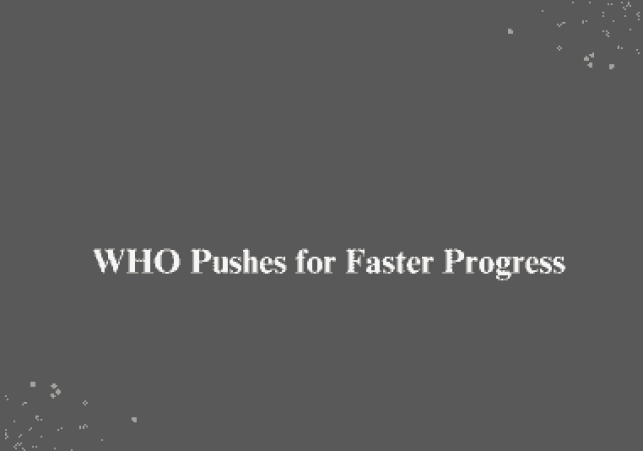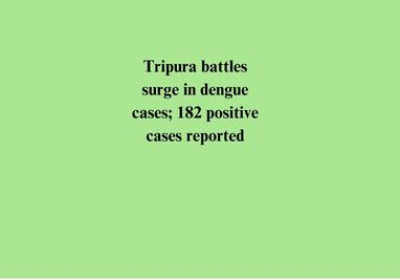
Anaemia
Reduction: WHO Pushes for Faster Progress
- By --
- Saturday, 27 May, 2023
Reduction: WHO Pushes for Faster Progress- The World Health Organization (WHO) has launched a comprehensive framework to address the global public health problem of anaemia.
Anaemia affects millions of women and children worldwide and progress on reducing its prevalence has been slow.
The causes of anaemia are varied and include nutritional deficiencies, infections, inflammation, gyna-ecological and obstetric conditions, and inherited red blood cell disorders.
- The framework proposes a comprehensive approach that involves multiple sectors and actors, including governments,
- civil society,
- academia,
- researchers,
- funding agencies,
- international organizations, and
- media, to tackle the underlying factors that drive anaemia, including direct causes, risk factors, and wider social inequalities.
- Anemia raises the chances of contracting infections and mortality while hindering cognitive abilities, resulting in profound exhaustion, adverse pregnancy results, decreased income, and suboptimal growth and development. Therefore, reducing anaemia is a critical step in improving overall health outcomes.
- The framework's launch at the International Maternal Newborn Health Conference held in Cape Town, South Africa, highlights the importance of maternal and child health.
- The WHO's framework is a call to action for countries to accelerate their efforts to tackle anaemia, and its comprehensive approach is likely to be more effective than approaches that focus solely on iron deficiency.
- The framework's emphasis on addressing broader social inequities that contribute to anaemia is particularly important.
- The WHO's farame-work on reducing anaemia is a positive step towards achieving global health targets and improving health outcomes for millions of women and children worldwide.
Conclusion
WHO's comprehensive framework to tackle anaemia, a serious global health issue, brings together multiple sectors and actors to address direct causes and social inequities. It is a call to action for countries to accelerate efforts towards improving health outcomes for millions.





